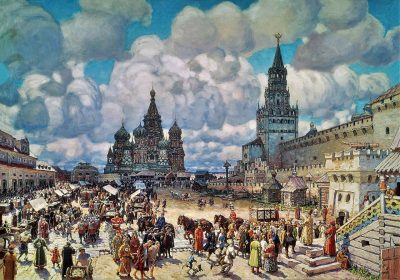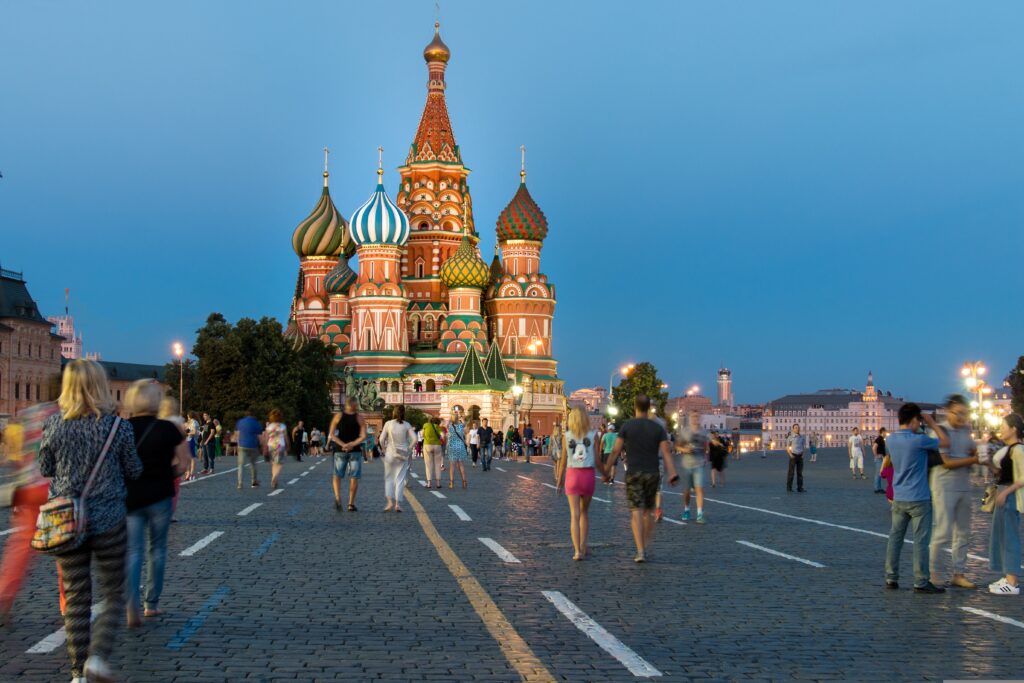History of Russian Country: A Journey Through Time
Russian history, a tapestry woven with threads of conquest, culture, and resilience, stretches back over a millennium. From the earliest tribes to the fall of the Soviet Union and beyond, each chapter reveals the complexity and richness of this vast nation’s story.

Introduction
As we embark on this historical journey, it’s essential to appreciate the profound impact Russia has had on global events and culture. Exploring the roots of the Russian nation provides insights into its evolution, shaping its identity as a geopolitical force and cultural powerhouse.
Early Roots
The origins of Russian history can be traced to the diverse tribes that inhabited the vast Eurasian expanse. These early settlers laid the foundation for a civilization that would leave an indelible mark on world history.
Medieval Russia
The formation of the Kievan Rus marked a pivotal moment, blending Slavic traditions with the influence of Byzantine culture. This fusion laid the groundwork for the distinct Russian identity that would emerge in the centuries to come.
The Mongol Invasion
The Mongol invasion in the 13th century brought a period of subjugation but also influenced Russian governance, trade, and cultural practices. The Mongols left a lasting imprint on the Russian psyche.
Rise of Moscow
Moscow’s ascent to prominence under Ivan the Terrible set the stage for the expansion of the Russian state. The city became a center of power, shaping the course of Russian history.

Peter the Great and Westernization
Peter the Great’s transformative reforms propelled Russia into the modern era. The embrace of Western ideals reshaped Russian society, leaving an enduring impact on its cultural landscape.
The Romanov Dynasty
The Romanov dynasty’s rule brought stability and grandeur, with pivotal events such as the construction of St. Petersburg. Their reign saw Russia emerge as a European power.
Catherine the Great and Enlightenment
Catherine the Great’s rule marked a period of enlightenment in Russia. Her patronage of the arts, governance reforms, and engagement with Western philosophy elevated Russia’s cultural standing.
Napoleon’s Invasion
Russia’s role in thwarting Napoleon’s invasion showcased its military prowess and resilience. The war had profound consequences for Russia and Europe.
The Bolshevik Revolution
The tumultuous events leading to the Bolshevik Revolution in 1917 transformed Russia into the Soviet Union. The revolution reshaped the global political landscape.
Soviet Era
The Soviet era saw rapid industrialization, space exploration, and a tense Cold War with the West. Russia’s influence reached far beyond its borders.
Perestroika and the Fall of the USSR
Mikhail Gorbachev’s reforms in the 1980s, known as perestroika, led to the dissolution of the Soviet Union. The fall of the USSR marked a pivotal moment in world history.
Post-Soviet Russia
The post-Soviet era brought challenges and opportunities as Russia transitioned to a market economy. Political changes, economic shifts, and global dynamics shaped the nation’s trajectory.
Cultural Contributions
Russian literature, art, and music have made enduring contributions to global culture. From the literary masterpieces of Tolstoy and Dostoevsky to the avant-garde art movements, Russia’s cultural impact resonates worldwide.
Conclusion
In summary, the history of Russia is a saga of resilience, transformation, and cultural brilliance. From ancient tribes to the Soviet era and beyond, Russia’s journey has left an indelible mark on the world stage.
FAQs
- What role did Peter the Great play in shaping Russia’s future?
- Peter the Great’s reforms modernized Russia, transforming it into a major European power.
- How did the Bolshevik Revolution impact global politics?
- The Bolshevik Revolution reshaped the geopolitical landscape, leading to the emergence of the Soviet Union and influencing global ideologies.
- What were the key cultural contributions of post-Soviet Russia?
- Post-Soviet Russia contributed to global culture through literature, cinema, and contemporary art.
- How did the Cold War affect Russia’s relationship with the West?
- The Cold War strained relations between Russia and the West, leading to a prolonged period of tension and ideological conflict.
- What is the significance of Moscow in Russian history?
- Moscow’s historical significance lies in its role as a political and cultural center, shaping the course of Russian history.